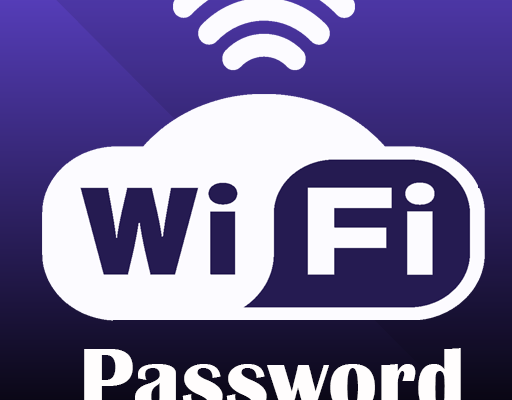Understanding WiFi Passwords: Why They Matter and How to Manage Them
In today’s digital world, WiFi is the backbone of our everyday internet access. Whether you’re at home, in a café, or in the office, connecting to WiFi usually starts with one simple thing: the password. Though it may seem like a small detail, a WiFi password plays a huge role in both security and connectivity.
What Is a WiFi Password?
A WiFi password is a security key that protects your wireless network. It prevents unauthorized users from accessing your internet connection. Most modern routers use WPA2 or WPA3 encryption, which makes it much harder for someone to hack into your network—as long as you use a strong password.
Why Is a WiFi Password Important?
- Protects Your Data: Without a password, anyone within range could connect to your network and potentially access your devices and sensitive information.
- Prevents Bandwidth Theft: Freeloaders can slow down your internet by using it without permission, especially if they stream videos or download large files.
- Keeps Smart Devices Safe: Many homes have smart devices like cameras, thermostats, or smart TVs connected to WiFi. A secure password helps prevent hackers from taking control of these devices.
Tips for Creating a Strong WiFi Password
- Use a mix of letters (uppercase and lowercase), numbers, and symbols.
- Avoid common words or easily guessable information like your name or birthdate.
- Make it at least 12 characters long.
- Don’t reuse passwords from other accounts.
Example of a strong password: T!m3T0C0nn3ct#2025
How to Find or Change Your WiFi Password
- Check your router: Most routers have a label on the back or bottom with the default network name (SSID) and password.
- Access the router settings: Open a web browser and enter your router’s IP address (often 192.168.1.1 or 192.168.0.1), log in, and look for the wireless settings section.
- Use your ISP’s app or support: Many internet providers have mobile apps where you can view or change your WiFi password.
Should You Share Your WiFi Password?
It’s okay to share it with trusted family or guests, but avoid giving it out too freely. You can also create a separate “Guest Network” for visitors—this keeps your main network more secure.
Conclusion
Your WiFi password may seem like a small piece of your digital life, but it plays a big role in your overall online security. Choosing a strong password and managing it wisely can help keep your network safe, fast, and private.



